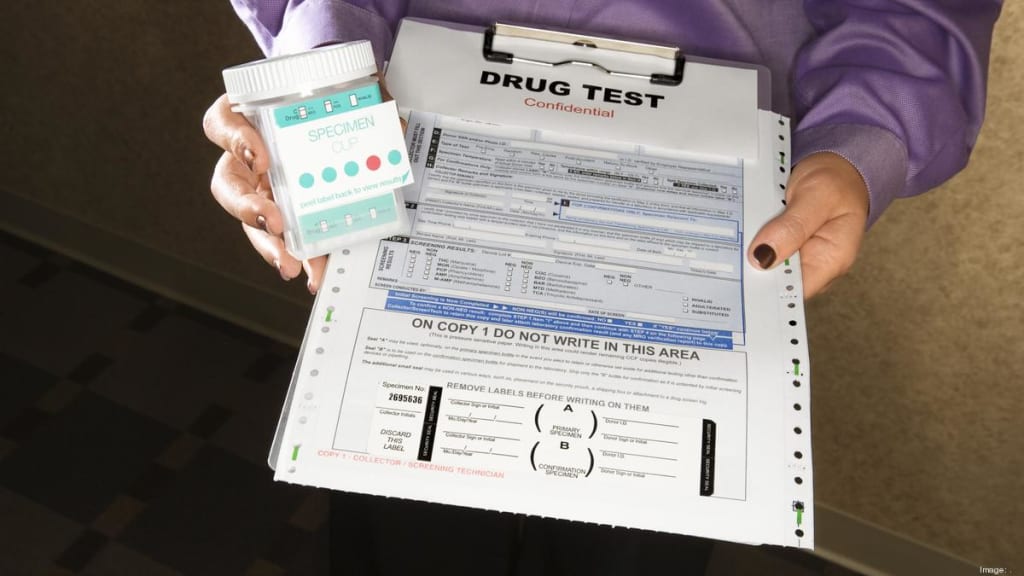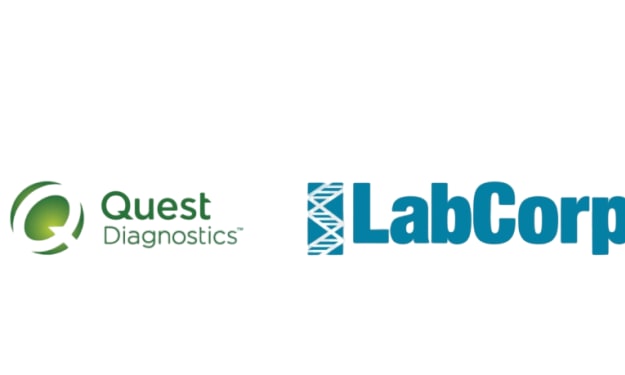What Can Cause False Positives on Drug Tests?
Understanding the Factors and Precautions to Prevent False Positive Results on Drug Tests

Drug tests are commonly used to detect the presence of illicit drugs or prescription medications in a person's system. These tests play a crucial role in various settings, such as employment screenings, athletic competitions, and legal proceedings. However, it's important to understand that drug tests are not infallible and can sometimes yield false positive results.
In this article, we will explore the factors that can cause false positives on drug tests and provide insights into how to avoid them.
Introduction
Drug tests are designed to identify specific substances or their metabolites in bodily fluids, such as urine, blood, saliva, or hair. They rely on sensitive techniques to detect even trace amounts of these substances. While drug tests are generally accurate, false positives can occur due to various reasons, leading to potentially incorrect results.
Understanding Drug Tests
Types of Drug Tests
There are different types of drug tests commonly used, including urine tests, blood tests, saliva tests, and hair tests. Each test has its own advantages and limitations, depending on the specific situation and substance being tested for.
How Drug Tests Work
Drug tests work by identifying the presence of specific compounds or their metabolites in a sample. They utilize various methods, such as immunoassays or chromatography, to detect and quantify the substances. These tests have established cutoff levels, above which a positive result is indicated.
Factors That Can Cause False Positives
Several factors can contribute to false positive results on drug tests. It's important to be aware of these factors to understand why a test may yield inaccurate results.
Medications and Supplements
Certain medications and supplements can potentially interfere with drug tests, leading to false positive results. These substances may contain compounds that are structurally similar to illicit drugs or prescription medications, causing cross-reactivity with the test.
Foods and Beverages
Some foods and beverages can contain substances that might trigger false positives. For example, consuming poppy seeds before a drug test can lead to positive results for opioids due to the presence of morphine.
Cross-Reactivity
Cross-reactivity refers to the ability of a substance to produce a positive response on a drug test for a different substance. Some drugs or substances may have cross-reactivity with the compounds targeted by the test, leading to false positives.
Contamination
Contamination of the sample or testing environment can also cause false positive results. Improper handling of the specimen or exposure to external substances can introduce foreign compounds that interfere with the test, leading to incorrect results.
Lab Errors
Human errors or mistakes during the testing process can contribute to false positives. Errors in labeling, documentation, or analysis can compromise the accuracy of the test results.
Common Substances That Can Cause False Positives
Certain substances are more likely to cause false positives on drug tests due to their chemical properties or cross-reactivity with the targeted compounds. It's essential to be aware of these substances, especially if you are undergoing a drug test.
Prescription Medications
Some prescription medications, such as certain antidepressants or antipsychotics, can lead to false positive results on drug tests. It's crucial to disclose any prescribed medications before taking a drug test to avoid potential misunderstandings.
Over-the-Counter Medications
Certain over-the-counter medications, such as cold and allergy remedies, can contain ingredients that may trigger false positives. Common ingredients like pseudoephedrine or dextromethorphan can produce misleading results.
Herbal Supplements
Certain herbal supplements, including St. John's Wort or kava, can interfere with drug tests and cause false positives. These supplements may contain compounds that cross-react with the targeted substances.
Poppy Seeds
As mentioned earlier, consuming poppy seeds can result in false positives for opioids due to the presence of morphine. It's advised to avoid consuming poppy seeds before a drug test to prevent misleading results.
CBD Products
CBD (cannabidiol) products derived from hemp can contain trace amounts of THC (tetrahydrocannabinol), the psychoactive compound found in marijuana. While the THC levels are typically low, they can still trigger false positives on drug tests.
Steps to Avoid False Positives
To minimize the risk of false positive results on drug tests, consider taking the following steps:
Disclose Medications and Supplements
Inform the testing administrator about any medications or supplements you are currently taking. This information can help interpret the results accurately and avoid potential misunderstandings.
Stay Hydrated
Staying adequately hydrated can help flush out any potentially interfering substances from your system. Drinking plenty of water before the test can dilute the concentration of certain compounds, reducing the chances of false positives.
Confirmatory Testing
If a drug test yields a positive result, it's essential to request confirmatory testing, such as gas chromatography-mass spectrometry (GC-MS). Confirmatory tests are more specific and can identify the exact substances present, reducing the likelihood of false positives.
Retesting
If you believe a drug test has produced a false positive, you have the right to request a retest. Contact the testing agency or your employer to discuss the possibility of a retest to ensure accurate results.
Conclusion
While drug tests are generally reliable, false positives can occur due to various factors. Understanding these factors and taking necessary precautions can help avoid misleading results. By disclosing medications, staying hydrated, and advocating for confirmatory testing if needed, individuals can minimize the risk of false positives and ensure accurate drug test outcomes.






Comments
There are no comments for this story
Be the first to respond and start the conversation.